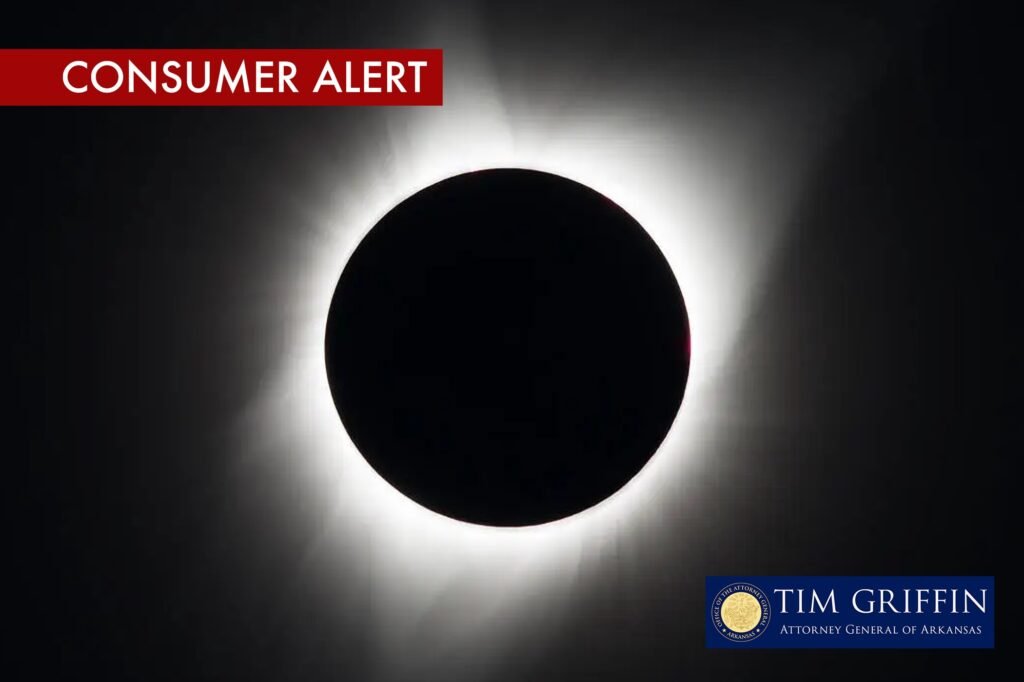Price Gouging Rules are in Effect
Act 376 of 1997 prohibitions on price gouging are now in effect following Governor Sarah Huckabee Sanders’s declaration of a state of emergency on April 2 in Executive Order 25-07.
“I continue to pray for those impacted by the April 2 storms, which caused significant damage across much of northeast Arkansas. Unfortunately, unscrupulous people may already be preying upon our neighbors with offers of quick repair jobs. Arkansans should call their insurance company first and not be pressured into paying a quick deposit to someone who will take off with their money just as quickly.” – Attorney General Tim Griffin
2 Things Homeowners Should Remember
Insurers will honor their home policies.
There is no need to rush into or be pressured to sign a contract.
7 Tips to Avoid Storm Cleanup Scams
Get more than one estimate.
Demand references and check them out.
Never let contractors pressure you into hiring them.
Never sign a contract with blanks “to be filled in later.”
Never pay a contractor in full until the work is finished.
Never let a contractor discourage you from contacting your insurance company.
Make sure you review and understand all documents sent to your insurance company.
What is Price Gouging?
Upon the issuance of EO 25-07, Act 376 prohibits businesses from charging more than 10 percent above the pre-disaster price of the following goods or services.
Repair or reconstruction services, including services performed by any person for repairs to residential or commercial property of any type that is damaged as a result of a disaster
Any work, labor, or services including services furnished in connection with the sale or repair of goods or real property or improvements
Additionally, in conjunction with EO 25-07 and upon the additional declaration of a local emergency by the executive officer of any city or county, Act 376 prohibits businesses from charging more than 10 percent above the pre-disaster price of these goods or services.
Building materials, including lumber, construction tools, windows, and anything else used in the building or rebuilding of property
Consumer food items, including any article that is used or intended for use for food, drink, confection, or condiment by a person or animal
Emergency supplies including, but not limited to, water, flashlights, radios, batteries, candles, blankets, soaps, diapers, temporary shelters, tape, toiletries, plywood, nails, and hammers
Gasoline or any fuel used to power any motor vehicle or power tool
Any rental housing and includes any housing provided by a hotel or motel
Medical supplies, including, but not limited to, prescription and nonprescription medications, bandages, gauze, isopropyl alcohol, and antibacterial products
Transportation, freight, and storage services, including any service that is performed by any company that contracts to move, store, or transport personal or business property or rents equipment for those purposes
Consumers should contact their city or county governments to determine whether a local emergency has been declared.
Price Gouging Has Consequences
A violation of Act 376 is a violation of the Deceptive Trade Practices Act, which carries a fine of up to $10,000. Additionally, a person who is found to have violated this act shall be guilty of a Class A misdemeanor.
The ban on price gouging remains in effect for at least 30 days and can be extended another 30 days if necessary to protect the lives, property, or welfare of the citizens. For home repairs, the law remains in effect for 180 days.
Arkansans who wish to report concerns about potential price gouging should contact the Arkansas Attorney General’s Office by calling (800) 482-8982, emailing consumer@arkansasag.gov, or by visiting https://arkansasag.gov/divisions/public-protection/finances/price-gouging.


